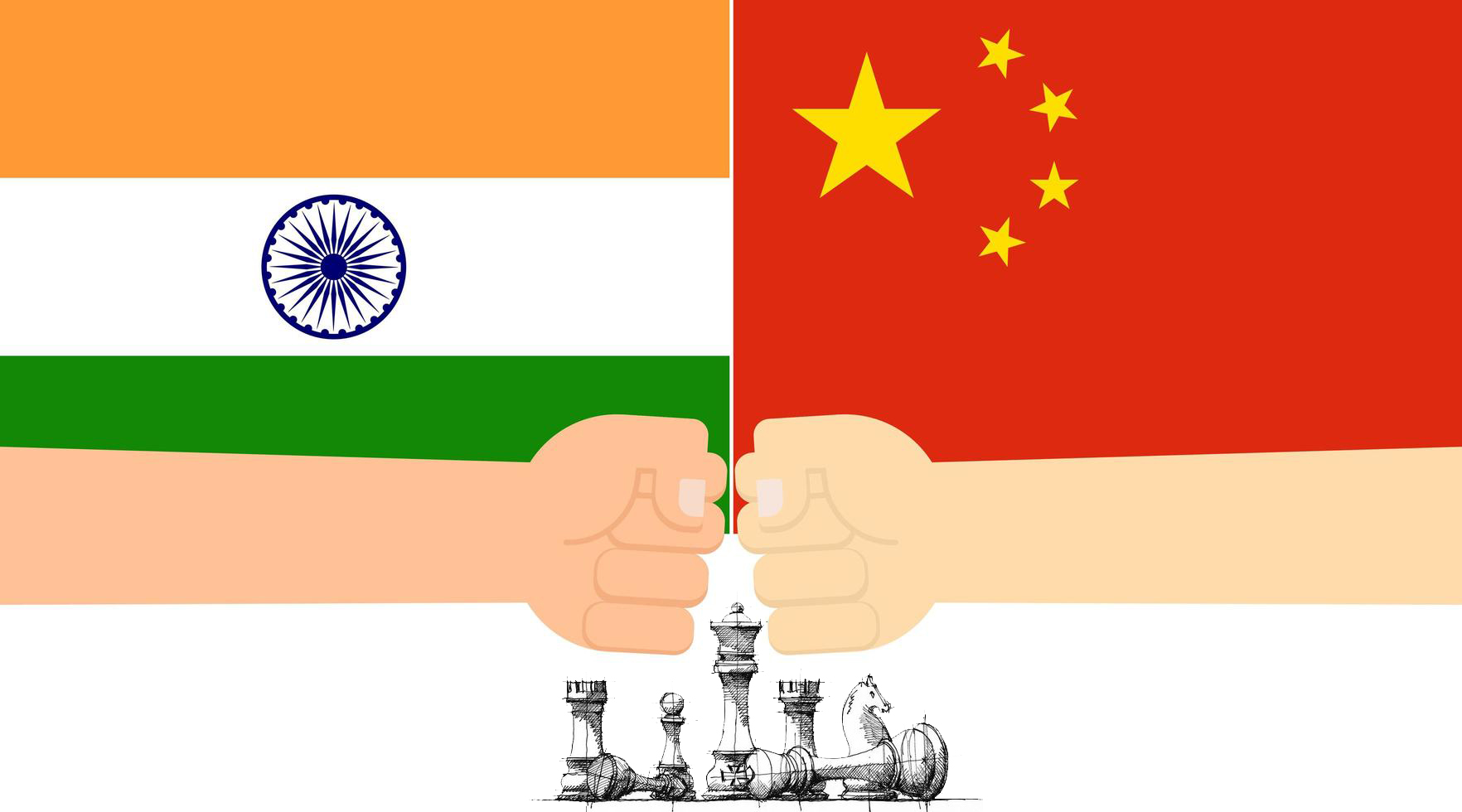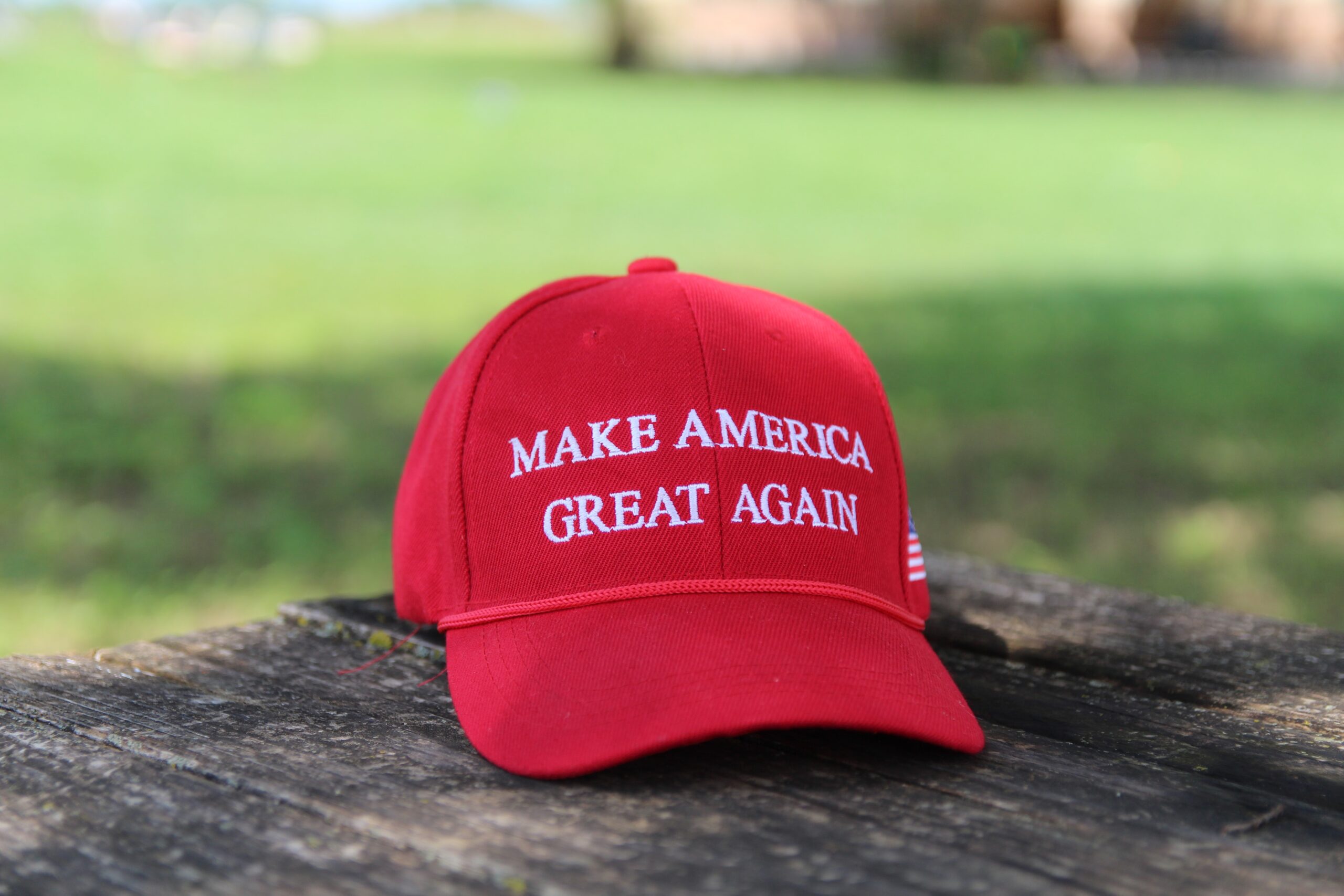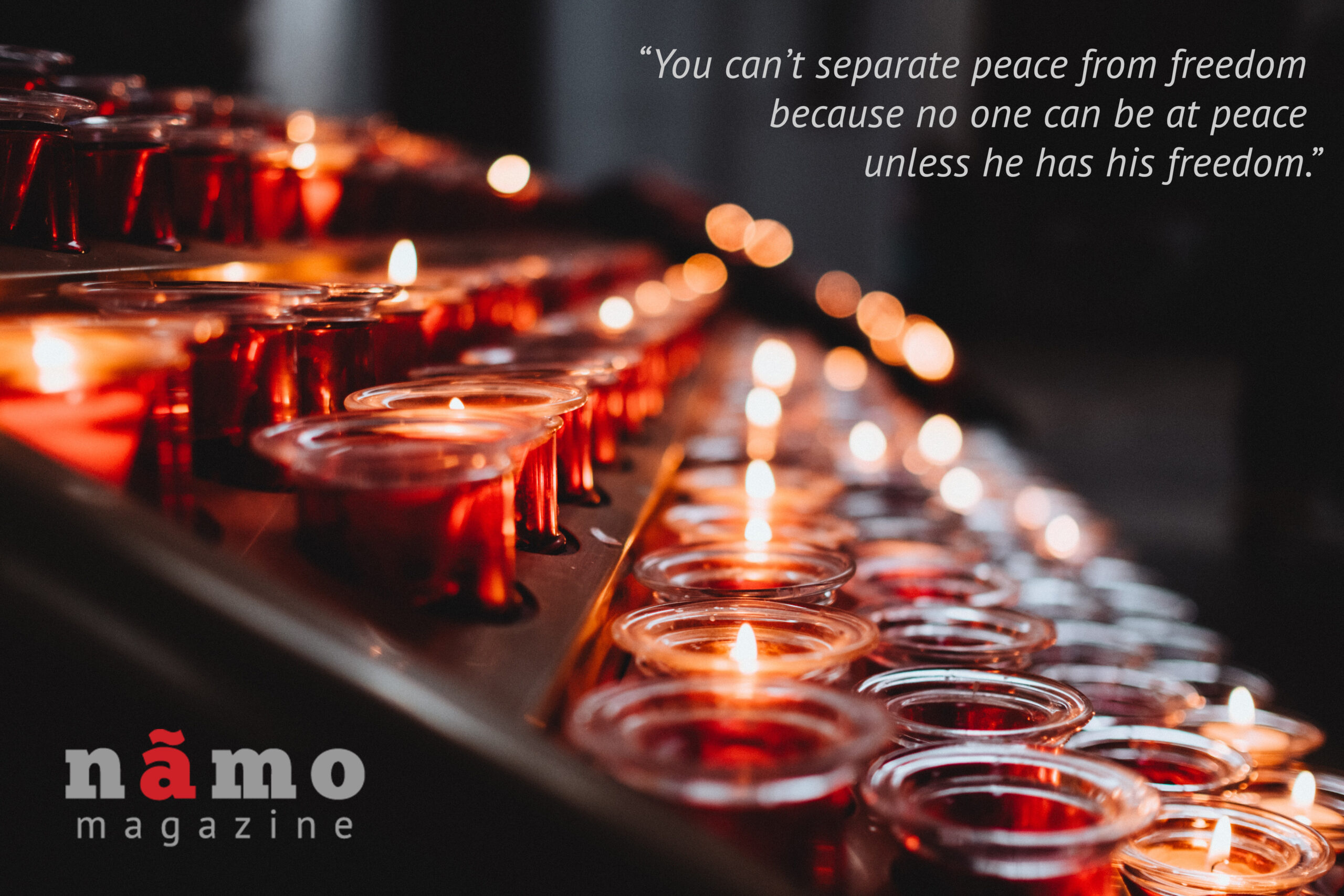India and China playing a game of Chess on the board of Sri Lanka

Growing Chinese influence
China’s influence on Sri Lanka has been a growing concern for many countries. In this sense, India is the most worried nation as China is strategically gaining ground around India. The foremost factor is that India is our neighbor, only 22 miles away from the shore of Thalaimannar. Sri Lanka and India have been enjoying a historical relationship for centuries and Sri Lanka has inherited a great deal of socio-cultural religious stimulus from India. Similarly, Sri Lanka has also maintained historical ties with China for centuries. Besides, China has extended economic support to Sri Lanka in recent times by way of mega infrastructural projects such as Hambantota port, Mattala International Airport, Lotus Tower, Norochcholai Coal Power plant and multiple road development projects to name a few. China’s biggest investment comes in the form of US$ 1.4 Billion Port City project which is successfully underway at the present. These flagship projects by China runs in to US$ 15 Billion, setting Sri Lanka in a Chinese debt trap. In other words, Chinese FDIs in Sri Lanka overshadowed any other country in the world. Obviously, India cannot compete with China in extending economic support of that magnitude to Sri Lanka.
Cold war and Economic War
China and India both are Nuclear powers in the region. Both countries are the most populous countries in the world, claiming 2.5 Billion people out of 7 Billion world population. Therefore, Chinese undue influence in Sri Lanka is unequivocally a concern for India which considers it a security threat as well. The reason being, China has a similar effect in Pakistan in particular and other SAARC countries in the region too. In fact, Chinese influence surrounded India from all borders. Meanwhile, China has embarked on an enthusiastic project to open up the ancient Silk Road through landlocked Asia which they believe, would create a Sino centric international trade network. This belt and road initiative which is known as ‘One belt One road’ or OBOR and Maritime Silk Route will link more than 70 countries. China has elaborate plans to invest in all 70 countries in form of ports, airports and other infrastructure development projects. China’s growing economic power and strategy has irked the west as well. In 2019, US, Japan and Australia announced a counter initiative named ‘Blue Dot Network’ followed by G 7’s ‘Build Back Better World’ initiative in 2021. These developments on the global theatre bear testimony to the concern of the world on China’s gradual dominance over the region and beyond. Some analysts even cite it as neo-colonialism but China goes on unabated. So, there is a cold war between China and the rest of the world powers for economic supremacy.
Sri Lanka; Strategic point
India and China both consider Sri Lanka as a strategic point with Sri Lanka being situated on the maritime Silk Road. India has already cautioned Sri Lanka not to allow any Chinese project in North and East. During last couple weeks, Indian Foreign Secretary Harsh Vardhan Shringla made an official visit to Sri Lanka. Apart from having top level meetings with Sri Lankan counterparts, he made it a point to tour Jaffna peninsula and Trincomalee. At Trincomalee, he even went on an inspection visit of Oil Tank Farm which is particularly of Indian interest for long. Meanwhile, on an invitation of Sri Lanka’s Army Commander General Shavendra Silva, Indian Army Chief General Manoj Mukund Naravane paid an official visit to Sri Lanka in connection with SL Army’s 70th anniversary celebrations and also witnessed the 12 day joint military exercise codenamed ‘Mithra Shakthi’ at Ampara, Sri Lanka. As it appears, Sri Lanka is also desperate to maintain best of relations with India while enjoying economic benefits of China. India previously attempted to get hold of East Container Terminal (ECT) but was thwarted by the protests that swept through the island. Even, some politicians were not in favor of government’s decision to bequeath the terminal to India. India was visibly upset over this issue. In fact, Sri Lanka went a step ahead to hand over the West Container Terminal (WCT) to India by a prior agreement, apparently to appease India. Now, India is eyeing Oil Tank Farm at China Bay, Trincomalee. It is only a wait and see game until a deal materializes in this respect.
Buddhism as a powerful tool
As exclusively reported in ‘The Week’ magazine of India by Mandira Nayar, both China and India make use of Buddhism as a powerful tool of governance. There is a proverb to say that those who control Buddhism, will control Asia. The leaders of both countries seem to have realized this as a matter of fact. Indian Premier Narendra Modi is particularly known for propagating the message of Buddhism. Indians believe that one of their richest heritages is nothing but Buddhism. Incumbent Indian Premier is the first Indian premier to pay an official visit to Mongolia which is pre-dominantly Buddhist. Similarly, he visited Bhutan and praised the Buddhist philosophy at an official function he attended. Meanwhile, India also uses Buddhism to counter China on Tibet factor with Dalai Lama living in Indian exile. China on the other hand is revisiting the roots of Buddhism across Asia and was amazed how it spread across without the force of influence or violence some 2500 years ago. China is strategizing the same concept to dominate the world today. After the Chinese revolution, it was made a taboo to follow the faith. Now, China is reversing its folly. Recently, China has come forward to sponsor the publication of Buddhist texts in connection with International Buddhist Forum organized by Chulalongkorn University of Thailand. China is set about establishing a university in Nanhai District, China in line with ancient Nalanda University of Lumbini. Further, India is also embroiled in a bitter dialogue with Nepal over the latter’s claim that Lord Buddha was born in Nepal and Kapilawasthupura where he spent his childhood was also situated on their land. India although accepts the fact that Lord Buddha was born In Nepal but Kapilawasthupura was in India. China too was engaged in the ongoing dialogue, stating Buddhagaya is of no particular significance. Judging by this trend, the cold war between India and China seem to be waging from all fronts. India and China fought four wars since India gaining independence in 1947. Now, it has become apparent that India and China are playing a game of Chess on the territory of Sri Lanka. Whoever becomes the winner, Sri Lanka cannot afford to lose. Sri Lanka should be equal to the task. The question is whether Sri Lanka is ready for the balancing act.







